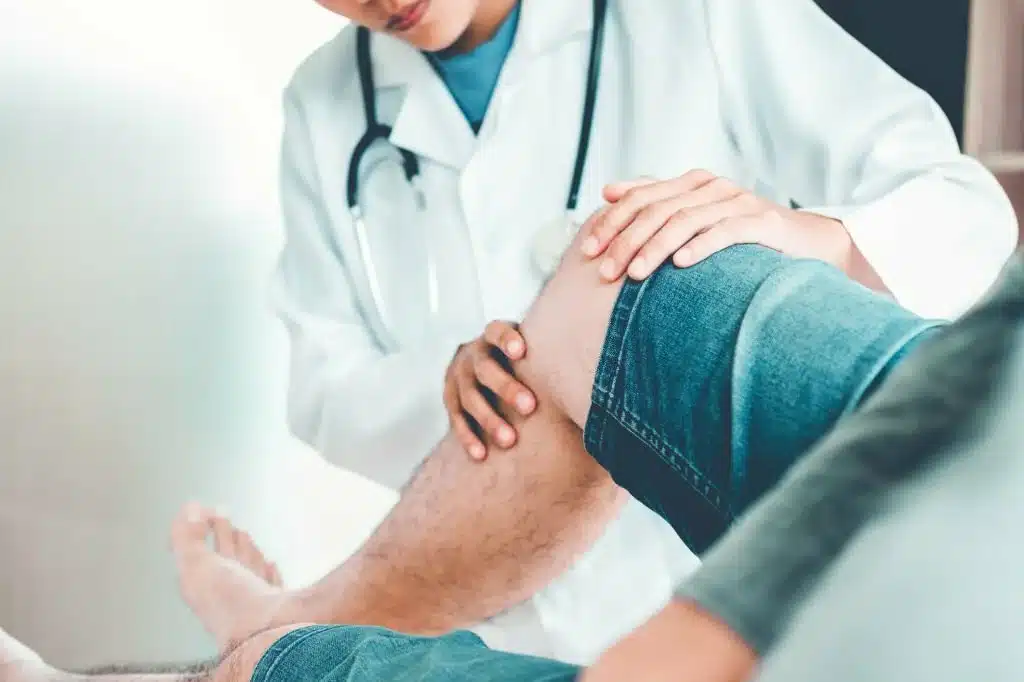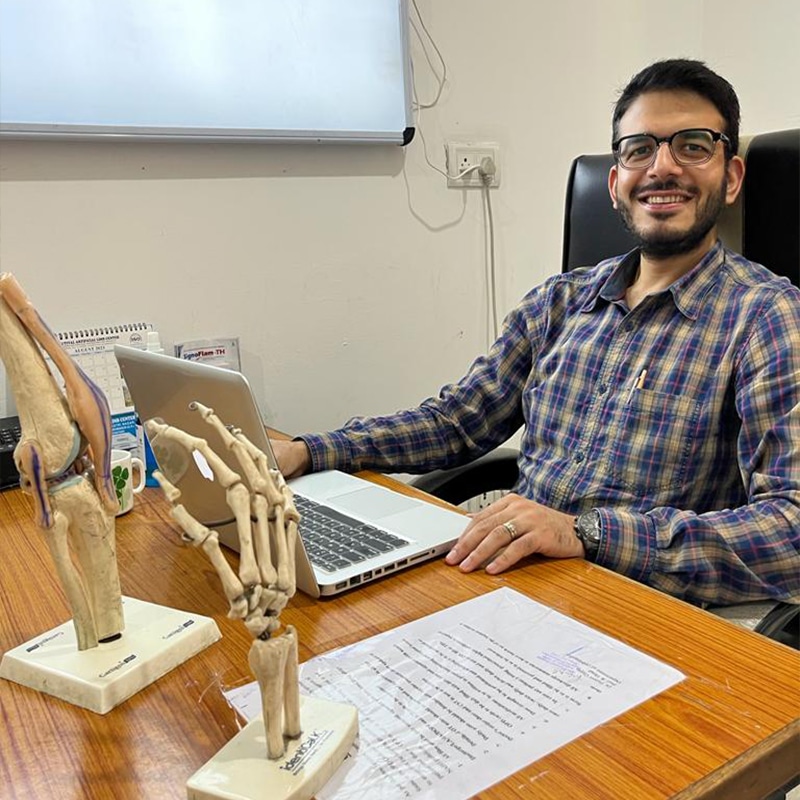
Orthopedics is the branch of medicine that deals with the prevention, diagnosis, and treatment of disorders and injuries of the musculoskeletal system. This system includes bones, joints, ligaments, tendons, muscles, and nerves. Orthopedic surgeons are medical doctors who specialize in this field.
1. Musculoskeletal Disorders
Orthopedic specialists diagnose and treat a wide range of musculoskeletal disorders, including arthritis, fractures, sprains, strains, tendon and ligament injuries, spinal disorders, and congenital conditions. They provide both surgical and non-surgical interventions to manage these conditions.
2. Orthopedic Subspecialties
Orthopedic surgeons often specialize in specific areas within the field, such as:
- Trauma Surgery: Dealing with injuries and fractures caused by accidents or falls.
- Sports Medicine: Focusing on injuries related to sports and physical activity.
- Joint Replacement Surgery: Performing surgeries to replace damaged joints, such as hips and knees, with artificial implants.
- Spine Surgery: Specializing in the treatment of spinal disorders, including herniated discs and spinal deformities.
- Hand Surgery: Addressing conditions and injuries of the hand, wrist, and forearm.
- Pediatric Orthopedics: Specializing in musculoskeletal problems in children, including congenital disorders and growth-related issues.
3. Orthopedic Procedures
Orthopedic surgeons perform various surgical procedures, including arthroscopy (minimally invasive joint surgery), joint replacements, fracture fixation, spinal fusion, ligament reconstruction, and tendon repair. These procedures aim to restore function, reduce pain, and improve the quality of life for patients.
4. Rehabilitation and Physical Therapy
Orthopedic treatment often involves rehabilitation and physical therapy programs designed to help patients regain mobility, strength, and flexibility after surgery or injury. Physical therapists work closely with orthopedic specialists to customize rehabilitation plans for individual patients.
5. Orthopedic Research and Innovations
Orthopedic researchers continually explore new technologies, surgical techniques, and materials to enhance the field. Advancements in orthopedics include the development of minimally invasive procedures, innovative implant materials, and advanced rehabilitation methods, leading to better outcomes for patients.
6. Orthopedic Sports Medicine
Orthopedic sports medicine specialists focus on athletes and active individuals. They diagnose and treat sports-related injuries, provide pre-participation evaluations, and offer advice on injury prevention and performance optimization. These specialists often work closely with sports teams and organizations.
7. Orthopedic Trauma Care
Orthopedic trauma surgeons specialize in treating complex fractures and injuries resulting from accidents, falls, and high-impact trauma. They use surgical techniques to stabilize fractures, repair soft tissue injuries, and restore function to the affected limbs.
8. Orthopedic Pain Management
Orthopedic specialists also address chronic pain conditions related to the musculoskeletal system. They use various approaches, including medication, physical therapy, injections, and minimally invasive procedures, to manage pain and improve patients’ quality of life.
9. Patient Education and Prevention
Orthopedic surgeons educate patients about preventive measures, such as maintaining a healthy weight, exercising regularly, and using proper techniques during physical activities to prevent injuries. Patient education is essential for promoting overall musculoskeletal health and preventing future problems.

Dr. Pranav Kothiyal
MBBS (Hons) KGMC, Lucknow Ms Orthopedics, LLRM, Meerut
